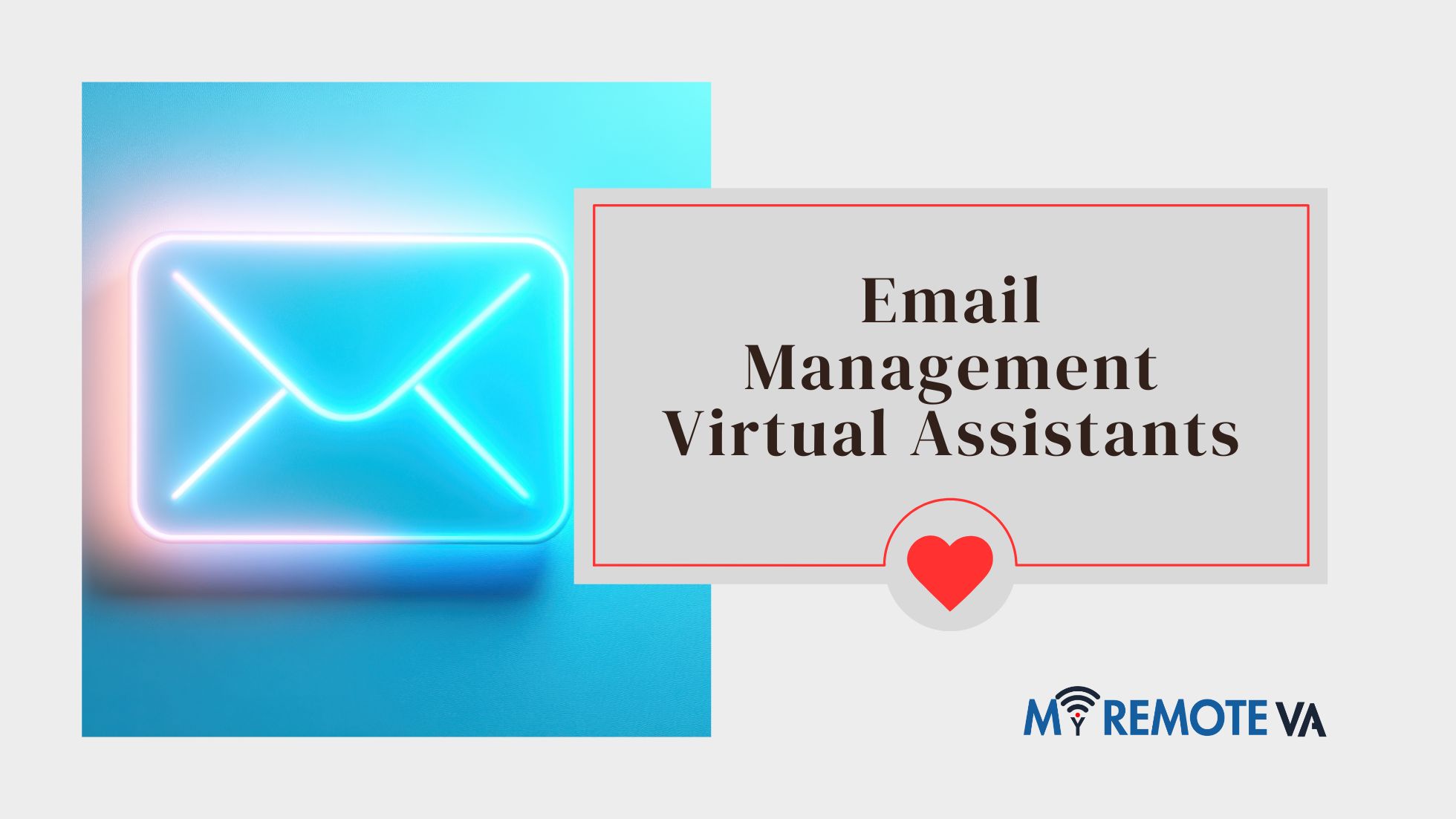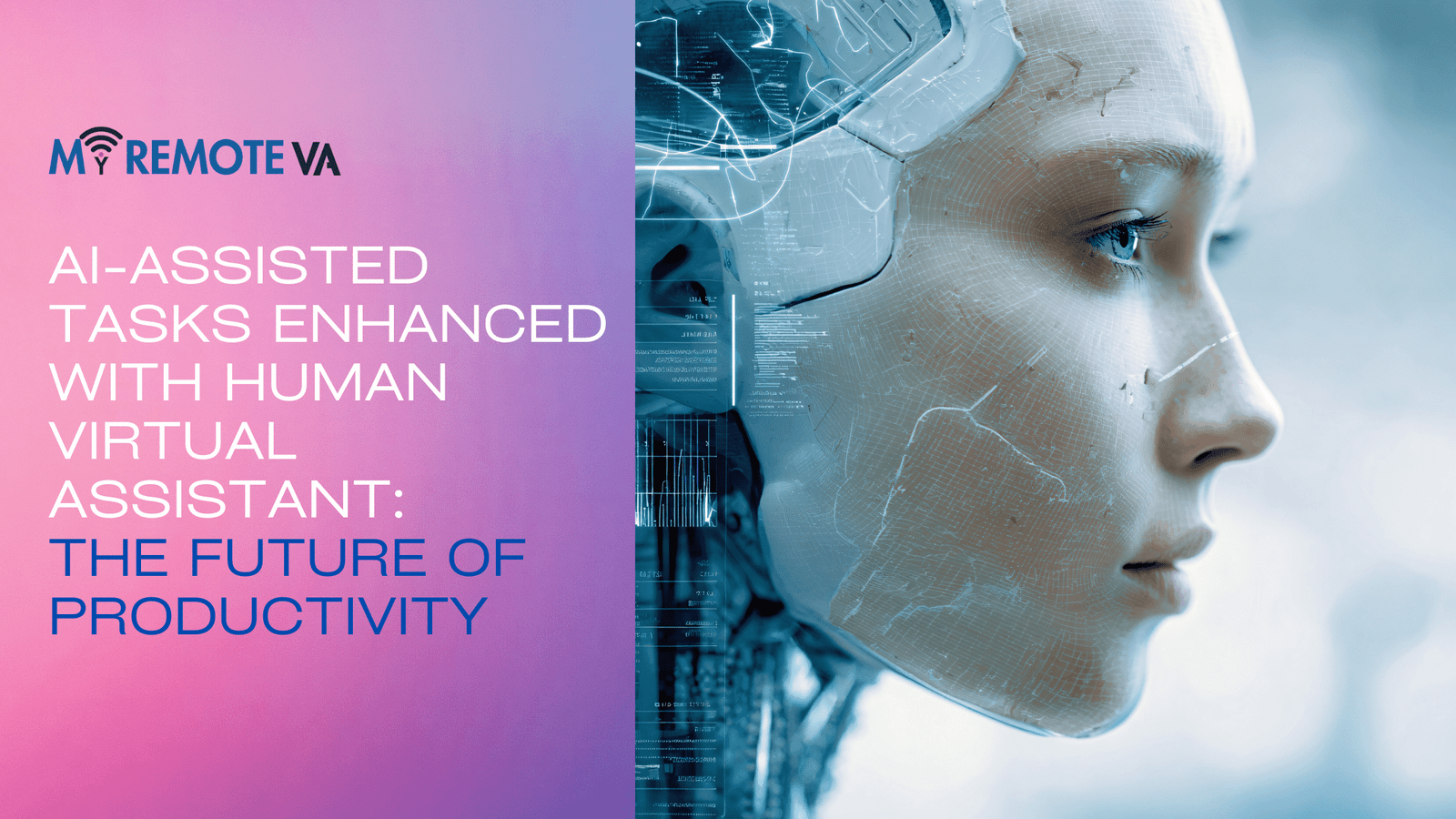The question of whether AI will replace healthcare administrators is complex and doesn’t have a simple yes or no answer. While AI is rapidly transforming various aspects of healthcare, including diagnosis, treatment planning, and patient engagement, the role of the healthcare administrator involves a unique blend of skills that are not easily replicated by machines. These skills include leadership, communication, ethical decision-making, and a deep understanding of complex healthcare regulations and policies.
- Introduction: The Rise of AI in Healthcare
- Current Responsibilities of Healthcare Administrators
- AI's Capabilities Relevant to Healthcare Administration
- Market Signals and Trends (USA, UK, New Zealand, Singapore, Australia, UAE - Last Month)
- Arguments for AI Replacing Healthcare Administrators
- Arguments Against AI Replacing Healthcare Administrators
- The Hybrid Approach: Augmenting, Not Replacing
- Skills Healthcare Administrators Will Need in the Age of AI
- Conclusion: The Future of Healthcare Administration
- FAQ: Frequently Asked Questions About AI and Healthcare Administration
AI is more likely to augment and enhance the capabilities of healthcare administrators rather than completely replace them. Think of AI as a powerful tool that can automate repetitive tasks, analyze large datasets to identify trends and inefficiencies, and provide data-driven insights to support decision-making. This frees up administrators to focus on more strategic initiatives, such as improving patient experience, developing new programs, and fostering a positive work environment.
Areas Where AI Can Assist Healthcare Administrators
- Data Analysis and Reporting: AI can analyze vast amounts of patient data, financial records, and operational data to identify trends, patterns, and areas for improvement. This can help administrators make more informed decisions about resource allocation, staffing, and service delivery.
- Automated Scheduling and Billing: AI-powered scheduling systems can optimize appointment scheduling, reduce no-shows, and streamline billing processes. This can save time and money for healthcare organizations.
- Compliance and Risk Management: AI can help healthcare organizations stay compliant with complex regulations and identify potential risks. This can reduce the risk of penalties and lawsuits.
- Improved Patient Experience: AI-powered chatbots and virtual assistants can provide patients with 24/7 access to information and support. This can improve patient satisfaction and reduce the burden on staff.
The Human Element Remains Crucial
Despite the potential of AI, the human element remains crucial in healthcare administration. Healthcare administrators need to be able to build relationships with patients, staff, and other stakeholders. They need to be able to communicate effectively, resolve conflicts, and make ethical decisions. These are skills that are difficult for AI to replicate.
Furthermore, the healthcare landscape is constantly evolving, with new regulations, technologies, and patient needs emerging all the time. Healthcare administrators need to be able to adapt to these changes and develop innovative solutions. This requires critical thinking, creativity, and problem-solving skills that are not easily automated.
The future of healthcare administration is likely to involve a partnership between humans and AI. By leveraging the power of AI to automate tasks and provide insights, healthcare administrators can free up their time to focus on the more strategic and human-centered aspects of their work. This will lead to improved efficiency, better patient care, and a more rewarding work environment.
Many organizations and individuals seek to delegate administrative tasks to increase efficiency and productivity. Expert virtual assistant support is available to help with admin, tech, customer support, marketing, creative tasks, or executive work. These services often include a dedicated supervisor to manage the VA, shift, processes, and reporting. Flexible plans are available, ranging from hourly to team-based solutions, to meet diverse needs. Some providers even offer a free trial option for initial task support.
Introduction: The Rise of AI in Healthcare
The healthcare landscape is rapidly evolving, and artificial intelligence (AI) is playing an increasingly significant role. From diagnostics and drug discovery to patient care and administrative tasks, AI’s potential to transform the industry is undeniable. This has naturally led to questions and concerns, particularly around job security, with many wondering: will AI replace healthcare administrators?
AI’s capabilities in healthcare administration are diverse. AI can automate repetitive tasks such as scheduling appointments, processing claims, managing medical records, and generating reports. This automation can lead to increased efficiency, reduced costs, and improved accuracy. AI-powered systems can also analyze large datasets to identify trends, predict patient outcomes, and optimize resource allocation .
For example, consider the task of medical coding. AI can analyze patient charts and automatically assign the correct codes for billing purposes, significantly reducing the time and effort required by human coders. Similarly, AI-powered chatbots can handle routine patient inquiries, freeing up administrative staff to focus on more complex tasks. The use of AI in healthcare is not about eliminating human roles entirely, but about augmenting them and improving the overall delivery of care.
However, the implementation of AI in healthcare administration raises legitimate concerns about the future of work. Healthcare administrators manage complex systems, handle sensitive information, and require strong interpersonal skills. While AI can automate certain aspects of their roles, it’s crucial to consider the limitations of AI and the value of human expertise.
Current Responsibilities of Healthcare Administrators
Healthcare administrators play a crucial role in ensuring the smooth and efficient operation of healthcare facilities. Their responsibilities are diverse and demand a broad range of skills. Understanding these responsibilities is essential when considering the potential impact of AI.
Core Functions of Healthcare Administrators:
- Strategic Planning and Management: Healthcare administrators are involved in developing and implementing strategic plans, setting organizational goals, and ensuring the efficient allocation of resources.
- Financial Management: Managing budgets, overseeing billing and coding processes, and ensuring financial stability are critical aspects of their role. They need to understand complex financial regulations and reporting requirements.
- Human Resources Management: Hiring, training, and managing healthcare staff fall under their purview. This includes ensuring adequate staffing levels, resolving employee conflicts, and fostering a positive work environment.
- Regulatory Compliance: Healthcare administrators must ensure that their facilities comply with all relevant laws, regulations, and accreditation standards. This includes staying up-to-date on changes in healthcare policy and implementing necessary changes.
- Quality Improvement: They are responsible for monitoring and improving the quality of patient care. This involves collecting and analyzing data, identifying areas for improvement, and implementing initiatives to enhance patient outcomes.
- Patient Relations: Addressing patient concerns, resolving complaints, and ensuring patient satisfaction are important aspects of their job. They often act as liaisons between patients, families, and healthcare providers.
- Data Management and Analysis: Healthcare administrators utilize data to track key performance indicators, identify trends, and make informed decisions. This requires proficiency in data analysis and reporting.
- Technology Integration: Implementing and managing healthcare technology systems, such as electronic health records (EHRs), is another key responsibility. They need to understand how these systems can improve efficiency and patient care.
The sheer breadth of these responsibilities highlights the complexity of the healthcare administrator role. Many of these tasks require strong interpersonal skills, critical thinking, and the ability to adapt to changing circumstances.
While AI offers the potential to automate certain administrative tasks, the unique blend of skills required for effective healthcare administration presents both opportunities and challenges when considering AI integration.
AI’s Capabilities Relevant to Healthcare Administration
Artificial intelligence is rapidly evolving, presenting both opportunities and questions regarding its role in various industries, including healthcare. In healthcare administration, AI demonstrates potential across a spectrum of tasks, automating processes, improving efficiency, and supporting decision-making.
Potential Applications of AI in Healthcare Administration
AI can significantly impact several key areas within healthcare administration:
- Appointment Scheduling: AI-powered systems can optimize appointment scheduling, reducing wait times and improving patient flow. AI algorithms can analyze historical data, predict demand, and automatically adjust schedules to accommodate patient needs and provider availability.
- Claims Processing: Automating claims processing with AI can minimize errors, accelerate reimbursement cycles, and reduce administrative costs. AI can identify discrepancies, verify eligibility, and even flag potentially fraudulent claims.
- Data Analysis and Reporting: AI can analyze large datasets to identify trends, predict outcomes, and generate insightful reports for administrators. This can assist in resource allocation, performance improvement, and strategic planning.
- Patient Communication: AI-powered chatbots and virtual assistants can handle routine patient inquiries, provide appointment reminders, and offer basic information, freeing up administrative staff to focus on more complex tasks.
- Revenue Cycle Management: AI can identify and address issues in the revenue cycle, such as coding errors and claim denials, helping to maximize revenue and improve financial performance.
These applications can lead to greater efficiency, reduced operational costs, and improved patient experiences. However, it is crucial to understand the limitations and potential challenges of AI implementation.
Market Signals and Trends (USA, UK, New Zealand, Singapore, Australia, UAE – Last Month)
Analyzing recent data across the USA, UK, New Zealand, Singapore, Australia, and the UAE reveals a mixed sentiment regarding the potential for AI to replace healthcare administrators. While full replacement is not currently foreseen, the integration of AI in administrative tasks is accelerating.
AI Adoption in Healthcare Administration
Several trends are emerging:
- Increased Automation of Routine Tasks: AI is increasingly being used for tasks like appointment scheduling, claims processing, and basic data entry. This is particularly evident in larger healthcare systems seeking to improve efficiency and reduce administrative overhead.
- Focus on Augmentation, Not Replacement: The dominant narrative centers on AI augmenting human capabilities rather than replacing them entirely. Healthcare administrators are increasingly leveraging AI tools to enhance their decision-making and streamline workflows.
- Skills Gap and Training Needs: As AI adoption grows, a skills gap is emerging. Healthcare administrators need training to effectively utilize AI tools and adapt to changing roles. This includes understanding AI capabilities, interpreting AI-generated data, and collaborating with AI systems.
- Data Security and Privacy Concerns: Concerns surrounding data security and patient privacy remain a significant barrier to widespread AI adoption. Addressing these concerns through robust security measures and compliance with regulations like HIPAA (in the US) and GDPR (in the EU) is crucial.
- Regional Variations: The pace of AI adoption varies across different regions. Singapore, for example, has a strong focus on smart healthcare initiatives and is actively promoting AI adoption in the healthcare sector. In contrast, other regions may be more cautious due to regulatory hurdles or concerns about job displacement.
The shift isn’t about complete obsolescence but about evolving roles. Healthcare administrators are likely to focus more on complex problem-solving, patient communication, and strategic planning, while AI handles the more repetitive and data-heavy tasks. This allows for more personalized patient care and improved overall efficiency within healthcare organizations.
Consider a scenario where AI triages patient inquiries and schedules appointments automatically. This frees up administrative staff to focus on addressing complex insurance issues or providing personalized assistance to patients navigating the healthcare system. This type of task delegation aligns with the core principle of a virtual assistant service, providing targeted support to healthcare practices as they integrate new technologies and workflows.
Arguments for AI Replacing Healthcare Administrators
The potential for AI to impact healthcare administration is significant, and some argue that AI could eventually replace many of the functions currently performed by human administrators. This perspective is fueled by advancements in AI’s capabilities in areas like data processing, automation, and predictive analytics.
Increased Efficiency and Accuracy
AI excels at tasks requiring repetitive actions and large-scale data analysis. For instance, AI can automate scheduling, process insurance claims, and manage patient records with greater speed and accuracy than human administrators. This can lead to reduced errors and improved operational efficiency within healthcare facilities.
Cost Reduction
Healthcare administration costs contribute significantly to overall healthcare expenses. AI-powered systems can potentially reduce these costs by automating tasks, optimizing resource allocation, and minimizing administrative overhead. By streamlining processes and improving efficiency, AI could free up financial resources for other critical areas, such as patient care and research.
Improved Data Management and Analytics
Healthcare administrators spend considerable time managing and analyzing data. AI can automate this process, extracting valuable insights from patient records, financial data, and operational metrics. This can lead to better decision-making, improved patient outcomes, and more effective resource management. AI’s ability to identify patterns and predict trends can also help healthcare providers anticipate future needs and proactively address potential challenges.
24/7 Availability and Scalability
AI-powered systems can operate continuously, providing round-the-clock support for administrative tasks. This can be particularly beneficial for hospitals and other healthcare facilities that operate on a 24/7 basis. Additionally, AI can easily scale to meet changing demands, ensuring that administrative functions are always adequately supported.
Arguments Against AI Replacing Healthcare Administrators
While AI offers exciting possibilities for streamlining healthcare operations, it’s unlikely to completely replace healthcare administrators. The role requires a complex blend of skills that AI currently struggles to replicate consistently and effectively. Several arguments support this perspective:
The Human Element: Empathy and Communication
Healthcare administration involves significant human interaction. Administrators often deal with patients and their families during stressful and vulnerable times. Empathy, active listening, and clear communication are crucial for providing support, resolving conflicts, and building trust. AI, while improving, lacks the emotional intelligence necessary to navigate these sensitive situations effectively.
Complex Decision-Making and Ethical Considerations
Many administrative tasks require nuanced judgment calls that go beyond simple data analysis. Navigating complex insurance policies, resolving billing disputes, and making decisions regarding resource allocation often require critical thinking, ethical considerations, and the ability to adapt to unforeseen circumstances. These are areas where human administrators excel, drawing on experience and contextual awareness that AI struggles to mimic.
Data Security and Patient Privacy
Healthcare administrators are entrusted with sensitive patient data and are responsible for maintaining strict confidentiality. While AI can enhance data security measures, the ultimate responsibility for data protection rests with humans. The potential for AI errors or biases could compromise patient privacy, highlighting the need for human oversight and accountability.
Adaptability and Problem-Solving
The healthcare landscape is constantly evolving, with new regulations, technologies, and challenges emerging regularly. Healthcare administrators must be adaptable and possess strong problem-solving skills to navigate these changes effectively. AI can assist with data analysis and pattern recognition, but humans are better equipped to handle unexpected situations, develop creative solutions, and implement new strategies.
The Need for Oversight and Accountability
Even with advanced AI systems in place, human oversight is essential to ensure accuracy, fairness, and compliance. Administrators are responsible for monitoring AI performance, identifying potential errors or biases, and taking corrective action. This oversight ensures that AI is used responsibly and ethically, and that patient care remains the top priority. For example, a dedicated supervisor could be monitoring the output to make sure it adheres to privacy standards.
The Hybrid Approach: Augmenting, Not Replacing
The future of healthcare administration is likely not about complete replacement by AI, but a powerful hybrid model. In this scenario, AI tools augment the capabilities of healthcare administrators, allowing them to focus on more strategic and complex tasks that require human empathy, critical thinking, and nuanced judgment.
AI for Efficiency, Humans for Expertise
AI excels at automating repetitive, data-driven tasks, freeing up administrators to handle more demanding responsibilities. Consider the possibilities:
- Streamlined Scheduling: AI-powered scheduling systems can optimize appointment calendars, reducing wait times and improving patient satisfaction.
- Claims Processing Automation: AI can automate the initial stages of claims processing, identifying errors and flagging potentially fraudulent claims for human review. This drastically reduces processing time and administrative overhead.
- Data Analysis and Reporting: AI can analyze large datasets to identify trends, predict patient needs, and improve resource allocation. This data-driven approach empowers administrators to make more informed decisions.
- Improved Communication: AI-powered chatbots can handle routine patient inquiries, freeing up staff to address more complex concerns.
The Indispensable Human Element
While AI offers significant benefits, certain aspects of healthcare administration require uniquely human skills. These include:
- Patient Empathy and Communication: AI cannot replicate the empathy and understanding required to address sensitive patient concerns and build trust.
- Complex Problem Solving: Healthcare administration often involves navigating complex regulatory landscapes, resolving ethical dilemmas, and developing creative solutions to unforeseen challenges. These tasks require human judgment and critical thinking skills that AI currently lacks.
- Leadership and Team Management: Effective healthcare administration requires strong leadership and the ability to motivate and manage diverse teams.
The ideal scenario involves leveraging AI to enhance efficiency and accuracy while retaining human expertise to address the more complex and nuanced aspects of the role. This collaborative approach maximizes the benefits of both AI and human capabilities, leading to improved patient care and a more efficient healthcare system.
Just as expert virtual assistant support can help startups and busy professionals delegate admin, tech, customer support, marketing, creative tasks, or executive work, AI can be integrated into healthcare settings to handle similar tasks. By delegating routine processes to AI, healthcare administrators can focus on tasks requiring uniquely human skills. Similar to how virtual assistants offer curated hourly or dedicated plans to adapt to varying needs, AI integration can be tailored to fit the specific requirements of different healthcare organizations.
Skills Healthcare Administrators Will Need in the Age of AI
While AI is poised to transform many aspects of healthcare administration, it’s unlikely to completely replace human professionals. Instead, the role will evolve, requiring a new set of skills to effectively leverage AI and manage its impact. The future of healthcare administration will be a collaborative partnership between humans and AI, where administrators focus on higher-level tasks and strategic decision-making.
Essential Skills for the Future
Here are some key skills healthcare administrators will need to thrive in an AI-driven environment:
- Critical Thinking and Problem Solving: AI can provide data and insights, but administrators will need to critically evaluate that information and apply it to complex problems. This includes identifying biases in AI algorithms and making informed decisions based on a holistic understanding of the situation.
- Data Analysis and Interpretation: Healthcare administrators will need to be comfortable working with data and understanding AI-generated reports. This includes the ability to identify trends, patterns, and anomalies, and to translate data into actionable insights.
- AI Management and Oversight: Administrators will be responsible for managing and overseeing the implementation and use of AI systems. This includes ensuring that AI systems are accurate, reliable, and ethical, and that they are used in a way that benefits patients and the organization.
- Emotional Intelligence and Communication: Despite the increasing role of AI, human interaction will remain crucial in healthcare. Administrators will need to effectively communicate with patients, staff, and other stakeholders, and to provide empathetic and compassionate care.
- Adaptability and Continuous Learning: The healthcare landscape is constantly evolving, and administrators must be willing to adapt to new technologies and approaches. This includes a commitment to continuous learning and professional development.
- Strategic Planning and Vision: AI can help optimize processes and improve efficiency, but administrators will need to provide strategic direction and vision for the organization. This includes identifying opportunities for innovation and growth, and developing plans to achieve organizational goals.
The rise of AI in healthcare administration presents both challenges and opportunities. By developing these essential skills, healthcare administrators can ensure that they are well-positioned to succeed in the evolving landscape and to contribute to the delivery of high-quality, patient-centered care.
Finding the Right Support
As healthcare organizations navigate the integration of AI, they may require support in various administrative areas. Options range from traditional staffing solutions to more flexible approaches like expert virtual assistant support. These virtual assistants can handle tasks such as administrative duties, technical support, customer service, marketing initiatives, creative projects, and even executive-level support. A dedicated supervisor oversees the virtual assistant’s work, manages shifts, refines processes, and provides detailed reports, freeing up healthcare administrators to focus on strategic priorities. Customized hourly or team-based plans cater to diverse needs, offering flexibility and scalability in managing administrative workflows.
Conclusion: The Future of Healthcare Administration
The question of whether AI will replace healthcare administrators is complex. While AI and automation are poised to significantly transform the healthcare administration landscape, a complete replacement seems unlikely in the foreseeable future. Instead, a more probable scenario involves a collaborative partnership between AI and human administrators.
AI excels at handling repetitive, data-driven tasks, such as claims processing, appointment scheduling, and medical record management. This allows healthcare administrators to focus on more complex, strategic responsibilities that require critical thinking, emotional intelligence, and interpersonal skills. These include patient communication, ethical decision-making, and navigating complex regulatory landscapes.
AI’s Impact on Administrative Roles
We can anticipate AI leading to changes in the roles and responsibilities of healthcare administrators. Certain tasks will be automated, potentially reducing the need for staff in specific areas. However, new roles will likely emerge, focusing on AI system management, data analysis, and the interpretation of AI-generated insights to inform strategic decisions.
Furthermore, the increasing complexity of healthcare regulations and the ever-growing emphasis on patient-centered care mean that the need for skilled administrators who can navigate these challenges is unlikely to disappear.
The Hybrid Approach: AI and Human Collaboration
The most effective healthcare administration model will likely involve a hybrid approach. AI systems will handle routine tasks and provide data-driven insights, while human administrators will leverage their expertise to make informed decisions, manage complex situations, and ensure that patient needs are met with empathy and compassion. This blend of technological capabilities and human skills has the potential to optimize efficiency, improve patient outcomes, and reduce healthcare costs.
For busy professionals looking to optimize their workload and focus on strategic tasks, the integration of virtual assistant support can be a valuable asset. Accessing flexible hourly or team-based plans to delegate administrative, technical, or customer support functions can allow healthcare administrators to leverage human support for tasks that AI cannot yet handle effectively. With options ranging from curated hourly monthly plans of (5, 10, 20, 30 hours) to dedicated plans for larger projects (80 or 160 hours, or multi-VA setups), healthcare organizations can tailor their support to meet their specific needs. A Dedicated Supervisor can even manage VA workflows and reporting.
FAQ: Frequently Asked Questions About AI and Healthcare Administration
Will AI Replace Healthcare Administrators?
The question of whether AI will completely replace healthcare administrators is complex. While AI offers significant potential to automate and streamline many administrative tasks, it’s unlikely to entirely eliminate the need for human professionals in this field.
AI excels at tasks like data entry, appointment scheduling, billing and coding, and generating reports. These capabilities can free up healthcare administrators to focus on more strategic and interpersonal aspects of their roles, such as:
- Patient relations: Handling complex patient inquiries and concerns, providing emotional support, and ensuring a positive patient experience.
- Strategic planning: Developing and implementing strategies to improve efficiency, reduce costs, and enhance the overall quality of care.
- Team leadership: Managing and motivating staff, fostering a positive work environment, and ensuring effective communication within the healthcare team.
- Ethical considerations: Navigating complex ethical dilemmas related to patient privacy, data security, and the use of AI in healthcare.
Therefore, the future likely involves a collaborative approach, where AI augments the capabilities of healthcare administrators rather than replacing them entirely. The focus will shift towards individuals who can effectively manage and leverage AI tools to improve healthcare operations.
What administrative tasks can AI automate in healthcare?
AI can automate a wide range of administrative tasks, including:
- Appointment Scheduling: Optimizing appointment calendars, sending reminders, and managing cancellations.
- Billing and Coding: Automating claim submissions, identifying coding errors, and processing payments.
- Data Entry and Management: Accurately and efficiently entering patient data, maintaining electronic health records (EHRs), and generating reports.
- Claims Processing: Streamlining the claims process, reducing errors, and accelerating payment cycles.
- Report Generation: Creating custom reports to track key performance indicators (KPIs), identify trends, and inform decision-making.
What are the benefits of using AI in healthcare administration?
Implementing AI in healthcare administration can lead to several benefits, including:
- Increased Efficiency: Automating repetitive tasks frees up staff to focus on higher-value activities.
- Reduced Costs: Streamlining processes and minimizing errors can lead to significant cost savings.
- Improved Accuracy: AI can reduce human error in data entry and other administrative tasks.
- Enhanced Patient Experience: Faster and more efficient processes can improve patient satisfaction.
- Better Decision-Making: AI-powered analytics can provide insights to inform strategic decisions.
How can I prepare for the future of AI in healthcare administration?
To prepare for the integration of AI in healthcare administration, consider the following:
- Develop AI literacy: Understand the basics of AI and its potential applications in healthcare.
- Enhance your soft skills: Focus on developing skills like communication, critical thinking, and problem-solving.
- Embrace continuous learning: Stay up-to-date on the latest AI trends and technologies.
- Seek opportunities to work with AI tools: Gain hands-on experience using AI-powered solutions.
By embracing AI and developing the necessary skills, healthcare administrators can thrive in the evolving landscape of healthcare.
Where can I find support to integrate AI in my Healthcare Administration?
Expert virtual assistant support can be invaluable for healthcare organizations looking to integrate AI tools and streamline administrative tasks. These assistants can handle administrative, tech, customer support, and marketing tasks, allowing in-house staff to focus on core competencies and strategic initiatives. Flexible hourly and team-based plans can be tailored to specific needs, with dedicated supervisors managing tasks, processes, and reporting.
These services often offer curated Hourly Monthly Plans (5, 10, 20, 30 hours), or Dedicated Plans (80 hours, 160 hours, or multi-VA setups) depending on your needs. Start with a smaller plan and scale as your demands evolve.











